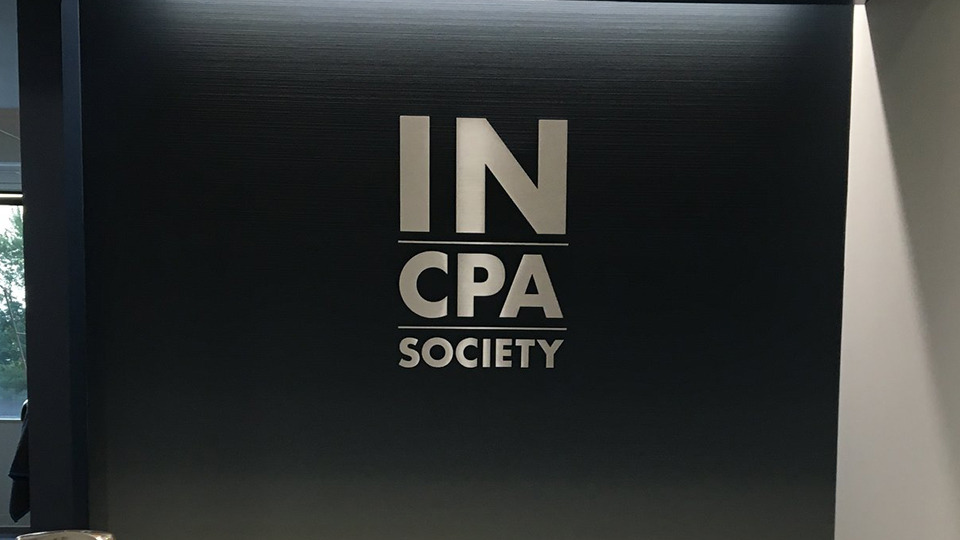Indiana CPA Society looking to boost talent pipeline
Subscriber Benefit
As a subscriber you can listen to articles at work, in the car, or while you work out. Subscribe Now
The Indiana CPA Society is focusing on a series of strategies to grow Indiana’s certified public accountant pipeline, which it says faces “significant challenges in the years ahead.” Chief Executive Officer Courtney Kincaid says fewer students entering college and barriers to entering the profession caused by rigorous standards have created a greater need for new CPAs. “[We’re] helping to alleviate some of those barriers and hopefully increase the attraction to good talent,” said Kincaid.
Kincaid discussed the efforts to boost the pipeline in an interview with Inside INdiana Business.
“To become a certified public accountant, it requires 150 hours of continuing professional education, but we see success with students when they’re able to start sitting for their exams closer to their school time; while they’re still in school is ideal,” said Kincaid. “We were successful in passing some rule changes that allow Indiana CPA candidates to begin sitting for the exam at 120 hours while they finish up that other 30 hours that are required for licensure.”
The “120-Credit Hours to Sit” effort went into effect last week. The organization says the rule changes also allow continuous testing and retaking of a failed section of the exam.
She says the INCPAS has also revamped its scholarship program to provide greater support for talent in the pipeline overcome financial barriers such as paying for their exams.
Another key barrier, Kincaid says, is helping people understand what the CPA profession does.
“It’s more than just math. A lot of people have a misperception about what the opportunities are once they earn their CPA. And we know that a lot of high school students are interested in becoming entrepreneurs, owning their own business, helping their community, and the CPA is a really great way to do that as it gives people the vocabulary of business and helps them understand what they need to know to be successful.”
As part of the strategy to improve awareness, the organization is moving its focus on students in college to those in high school. INCPAS is in the midst of its third CPA Week, which gives high school students the chance to hear presentations from CPAs in a variety of industries about what career paths are available.
“When we look at data specifically that influences minorities, but really all high school students, we start to see that early high school engagement and telling compelling stories there and providing resources there is going to end up being more influential in affecting change on the pipeline,” said Kincaid.
At the completion of this fall’s CPA Week, Kincaid says they will have reached more than 1,400 high school students.
The final strategy is to boost diversity, equity and inclusion in the CPA profession. Kincaid says it’s important to attract and recruit individuals who reflect the populations in which they live.
“We have not had any growth, specifically when we look at national data, for Black CPAs. We have some growth within the Asian and Hispanic populations, but we’d really like to see us look like the greater population.”
